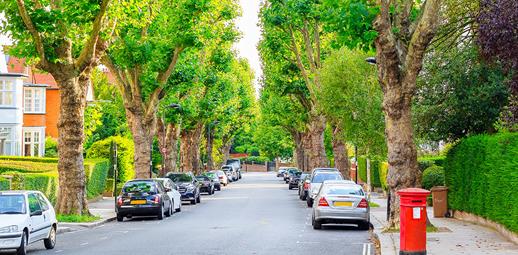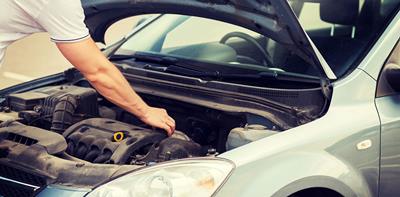
By law, your car needs to be taxed and insured if you drive it and park it on the street, on your driveway or even in your garage.
The exception is if you decide you’re not going to drive it at all and will store it off the road in which case you’ll need to get a Statutory Off-Road Notice, or SORN. Once you’re ready to get back behind the wheel, you’ll need to cancel your SORN. Here’s what you need to know if you’re looking to unSORN your car.
What happens when you SORN your vehicle
You can register for a SORN for free online, by phone or by post. You’ll get a refund for any full months of remaining tax, which you’ll receive within six weeks of making a SORN.
If you do this, you can’t use or store the vehicle on the road until you tax it again. The only exception is if you’re taking it to or from a pre-booked MOT or other testing appointment. You could face a fine of up to £2,500 if you use a SORN car on the road for any other reason.
How to unSORN your vehicle
SORNs became more popular in the first few months of 2020, as many people stopped using their cars. The number of applications for SORNs more than doubled between February and March, to over 526,000, according to data from the DVLA.
Once you have it, a SORN lasts as long as you want it to, provided you’re still the owner of the car. In the past, a SORN used to last one year, after which it would need renewing, but that hasn’t been the case since 2013.
If you decide to start using your car again, you simply need to tax it again and your SORN will be automatically cancelled. A SORN is also cancelled if you sell your car.
Once you have cancelled the SORN, by law the car must be insured again. Also, check to make sure your car is roadworthy and its MOT is up to date, bearing in mind that the government allowed a six month extension to MOTs due on or after 30 March 2020.
Once you’ve dotted the i's and crossed the t's, you’ll be ready to get back on the road. Read our guide if you have trouble starting your car.

